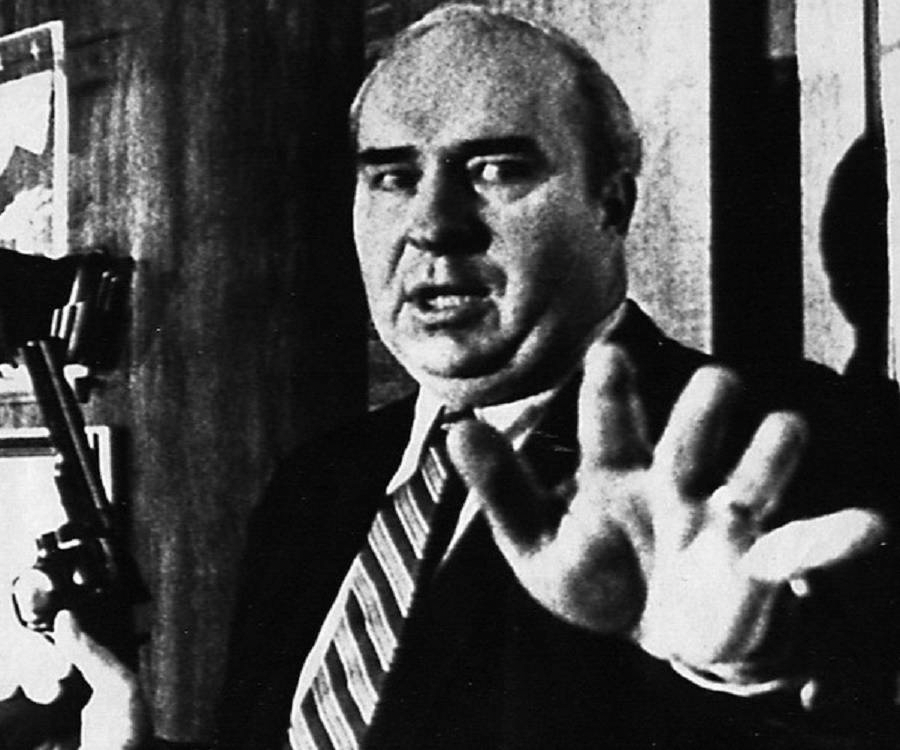In her sentencing submission to the judge in the FTX trial, Barbara Fried argues that her son is just a misunderstood altruist, who doesn’t deserve to go to prison for very long.
Excerpt:
One day, when he was about twelve, he popped out of his room to ask me a question about an argument made by Derik Parfit, a well-known moral philosopher. As it happens, | am quite familiar with the academic literature Parfi’s article is a part of, having written extensively on related questions myself. His question revealed a depth of understanding and critical thinking that is not all that common even among people who think about these issues for a living. ‘What on earth are you reading?” I asked. The answer, it turned out, was he was working his way through the vast literature on utiitarianism, a strain of moral philosophy that argues that each of us has a strong ethical obligation to live so as to alleviate the suffering of those less fortunate than ourselves. The premises of utilitarianism obviously resonated strongly with what Sam had already come to believe on his own, but gave him a more systematic way to think about the problem and connected him to an online community of like-minded people deeply engaged in the same intellectual and moral journey.
Yeah, that “online community” we all know and love.
I’d bet good money any judge reading this is gonna go “Yep, this kid does not want to change” and ramp up the sentence as a result.
If I were the judge handing out the sentence:
“Well, if your son is a strict utilitarian, let it be known that I am a utility monster and would derive infinite utilcoins from him being in jail for a million forevers.”
I would not make a good judge.
You must understand, Sam, that the utility in deterring future Sams from doing what you did is massive. Astronomical even, if you think of how many companies could embezzle money in a solar system full of virtual beings. So I have no choice but to lock you up; your temporary suffering in the present is so small as to be irrelevant.
You don’t even need to be a utility monster.
Applying standard EA logic with utilions (approximately 1 utilion = 1 dollar) shows that when SBF was free he caused billions negative utilions. He says he did nothing wrong, and presumably he would continue to do nothing wrong. After updating our priors on the consequences of SBF doing nothing wrong, we can conclude that the risk is above 99% that SBF doing nothing wrong will cause billions in negative utilions. So the only utilitarian thing to do is hand out a life sentence.
Fortunately for SBF the judge is probably not in the business of creating philosophical justice.
sure I don’t NEED to be a utility monster, but I WANT to be a utility monster
don’t let anybody find out i’m a federal judge
Acausal robot gods? In my justice system?
it’s more likely than you think! because if it’s at all possible, by quantum physics, it must occur somewhere, ie, here.
Sorry Barb, I really wish I could help, but the utility I get from sneering at Sammy while he rots in prison is simply too high to justify letting him out.
this is almost word for word in Going Infinite too, evidently it’s a story she tells a lot
each of us has a strong ethical obligation to live so as to alleviate the suffering of those less fortunate than ourselves
Sounds like he did a bad job at living up to those principles then, huh?
Also is it just me or is this not actually a very good description of utilitarian beliefs lol
nuh uh, you see, he was scamming the poors because he would use their money in most efficientest way to prevent robot overlords. if scamming the poors is wrong then why did invisible hand of free market made it so easy?
It doesn’t do a bad job of cashing out a fairly strong corollary of utilitarianism which is generally taken to be characteristic of any utilitarian theory worth its salt viz. since each of us is only one person, and the utilitarian calculus calls for us to maximise happiness (or similar), then insofar as each of us only bears moral weight equal to one (presumably equal sized) fraction of that whole, therefore our obligations to others (insofar as the happiness of others obliges us) swamp our own personal preferences. Furthermore, insofar as (without even being a negative utilitarian) suffering is very bad, the alleviation of suffering is a particularly powerful such obligation when our responsibilities to each individual sufferer are counted up.
This is generally taken to be sufficiently characteristic of utilitarianism that objections against utilitarianism frequently cite this “demandingness” as an implausible consequence of any moral theory worth having.
So in isolation it makes some sense as shorthand for a profound consequence of utilitarianism the theory which utilitarians themselves frequently stand up as a major advantage of their position, even as opponents of utilitarianism also stand it up for being “too good” and not a practical theory of action.
In reality it’s a poor description of utilitarian beliefs, as you say, because the theory is not the person, and utilitarians are, on average, slightly more petty and dishonest than the average person who just gives away something to Oxfam here and there.
Wait, they are trying “He was a committed ethicist from a very young age” are they trying to get him locked away for longer?
I would be afraid a judge would listen to this and go ‘he did it fully knowing what he did, and he will do it again’
@TinyTimmyTokyo @sneerclub At 12, I was a dedicated utilitarian too. It’s hardly an advanced state. It’s something you grow out of.
can’t remember where I heard this quip but:
“I used to be a utilitarian. Then I turned 13.”
Sometimes people say things that make this prison abolitionist’s heart waver.
in the luxury space communist future, when the allocation of whatever few resources are still scarce is discussed by ad-hoc committees in meetings that take hours, it needs to be made clear to Sam that his participation will not be required
“SAAAAAAAAAAAAAAM!!!
Come to mother baby, let me hold you
In my arms
M’lud I never wanted him to
Commit financial fraud
Why’d he ever have to leave me?
Worm, your honor, let me take him home”
-The Trial, Pink Fried










